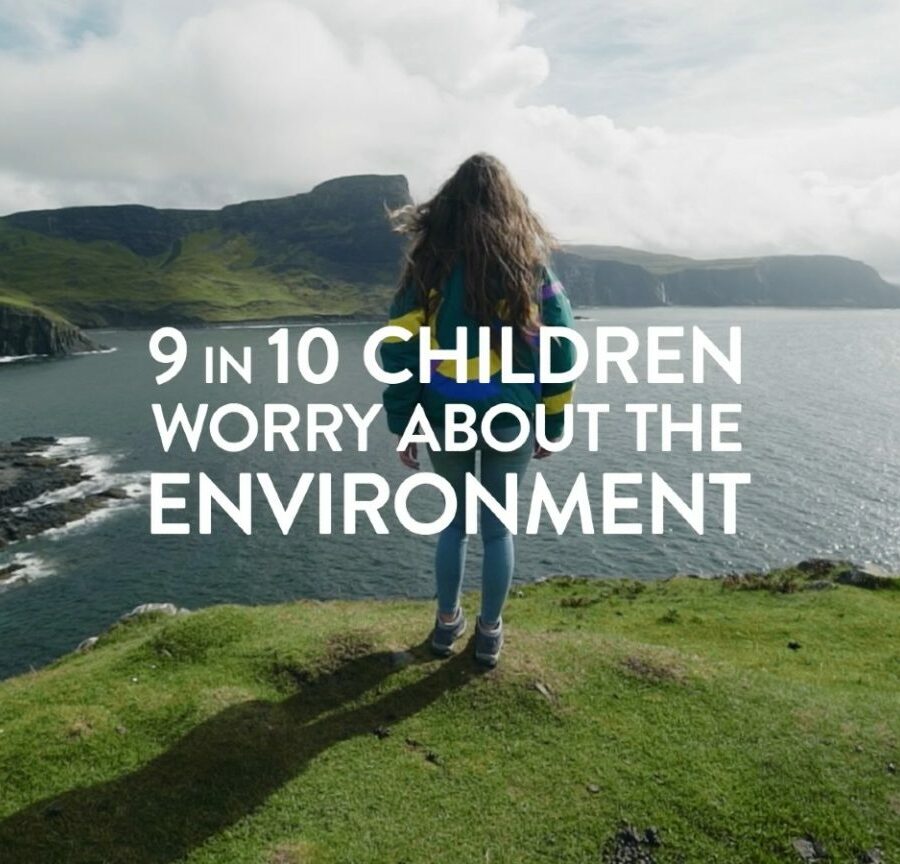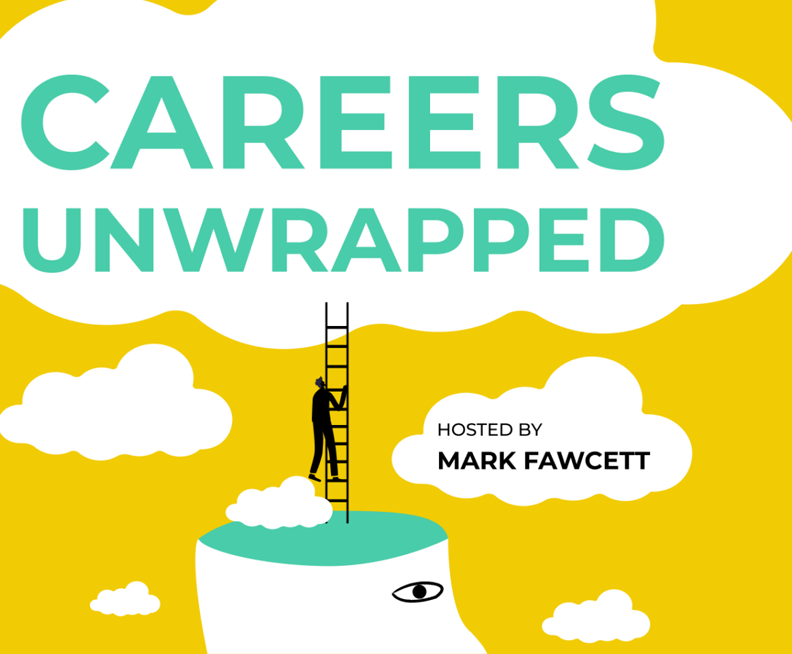The future of your business depends on how well you understand young people.

Let 2022 be the year Christmas ads shifted from having more to giving more
5 December 2022
Mark Johnson, Media Shotz
The cost-of-living crisis, Russia’s war with Ukraine and soaring inflation mean we’re all a bit done with having more in 2022, as we struggle to get by day-to-day on our already stretched personal budgets.
Times are clearly tough for many right now, which means brands have had to think hard about what message they want to send out in their Christmas ads.
And as Alex Young, Managing Director at brand and social impact agency We Are Futures, explains, some brands have shifted their campaign strategies, which could mean we’re at a turning point in how the big names we all know respond to the difficult times we’re all going through…
I think it must have been somewhere between Coca-Cola’s Holidays Are Coming Truck and John Lewis’ Monty the Penguin that Christmas TV ads became such a big deal.
And today, as soon as Halloween is done and dusted, our ad breaks come alive with fake snow, iconic songs and cute bobble-hatted kids as every big high street store does its best to win the coveted accolade of Best Christmas Ad of the Year.
As an ad-man I enjoy this annual unveiling of each creative team’s best ideas. It’s harmless festive fun, it signals the start of the season and, let’s be honest, there’s a small part of me that likes to mentally rank the efforts of all the major retailers.
That said, how many do we actually remember? Can we accurately marry creative with brand, assigning the right Mariah cover to the right retailer?
While we all love a Christmas ad for the music, maybe some humour, or a celebrity star, there’s something quite forgettable about the usual focus on tables laden with crazy amounts of food, acres of fake snow and unrealistically happy families gathered for good times.
Which means the work and its message are easily – and rightfully – forgotten.
Then came winter 2022, with its cost-of-living crisis, its political upheaval, war in Ukraine and endless, unrelenting rain.
And with all that there’s been a noticeable shift in many of this year’s Christmas ads.
This year’s work will, I think, be remembered – and for the right reasons.
Brands changing tack
M&S has put out an ad that focuses on giving, set to the song ‘Treat People with Kindness’ and featuring real UK-wide community groups.
John Lewis has opted to showcase a people not product angle, with its emotive storyline about a dad preparing to welcome a foster child.
The Co-op has abandoned a TV ad altogether and instead ran a live stream on Big Zuu’s Instagram feed promoting its support for a membership-based food scheme and community hub called Your Local Pantry.
Authentic purpose
Much of this work speaks to the issue of brand purpose, and does so in an authentic and powerful way. By driving a community or charity-focused message those businesses will have signalled their intent to do and be something more meaningful, and the public will recognise that.
This should earn those brands credit with consumers from now on. Life is tough at the moment and brands that play their part in not just acknowledging that but in taking action to positively respond to it should be congratulated.
More than doing the right thing
But it’s not just about Doing The Right Thing. While that should be the moral driver, there is also a strong business case for taking this approach.
In these difficult times the public are primed to connect with brands that are making a positive difference to their lives. The mood of the nation has changed.
Even those who are not feeling the financial effects of the energy crisis are appreciative of brand messages that do not focus on spending and indulging and splurging, but instead turn their attentions to helping others, looking to something bigger and driving a community feel on a local level.
Every consumer who recognises that message will be more likely – not less – to support that business in the future. And I don’t just mean next week or next month.
Think of all the teenagers and young adults watching these ads. They may not be spending much money with supermarkets or other high street retailers today, but in ten years they will be the ones doing a weekly grocery shop, opening a bank account, taking out a phone contract and a whole host of other ‘adult’ tasks.
They may not be the target consumer for many businesses but they should never be disregarded. They are the consumers of tomorrow and brands who don’t put in the effort to get them on side now, will fail going forward.
Every marketer today is focusing on the latest sales figures or the most imminent set of results, but the savvy marketer will be keeping an eye on the long term plan and there is no doubt that this should revolve heavily around getting young people on side now to future proof the business.
Young adults see, they hear and they are all too aware of the current financial situation their parents are facing.
Many will be going into Christmas quietly worried about what next year looks like for their family, and they will remember any brand that they can see making a positive difference, either directly or indirectly.
And while the creative direction this year might be dictated by the cost-of-living crisis, I sincerely hope it marks a sea change in Christmas advertising.
Let this time of year no longer be about the volume of gifts under the tree, the quantity of food on the table or the number of calories consumed in one sitting, but about looking outside our own front doors to see how we – and the businesses we spend money with – can help make a positive difference in our community and the wider world.
View other news & views

Scottish Water launches Generation H2O by We Are Futures
Read more
We Are Futures podcast-led initiative Careers Unwrapped helps brands develop talent in schools
Read more
It’s back to school time for brands: three lessons every client looking to engage with young people should learn.
Read more
Linkedin, Nintendo and Sky are Gen Z’s top employers
Read more
Nintendo and Spotify named as Gen Z’s favourite brands
Read more